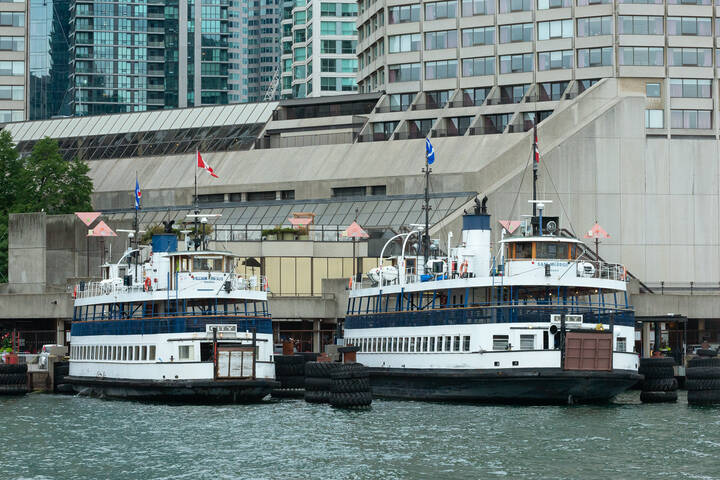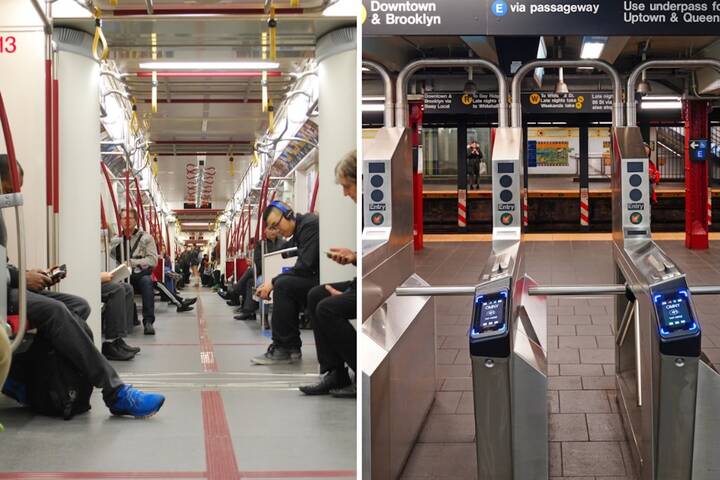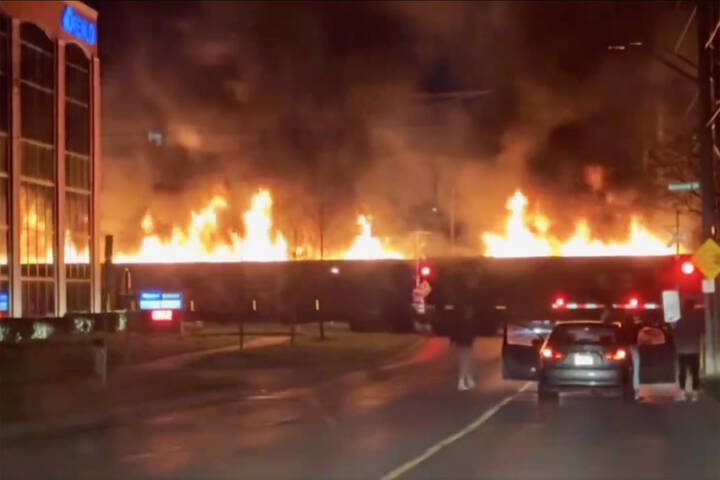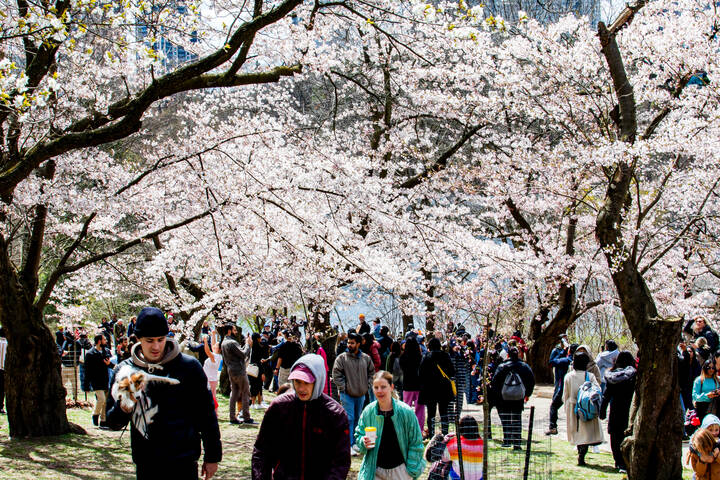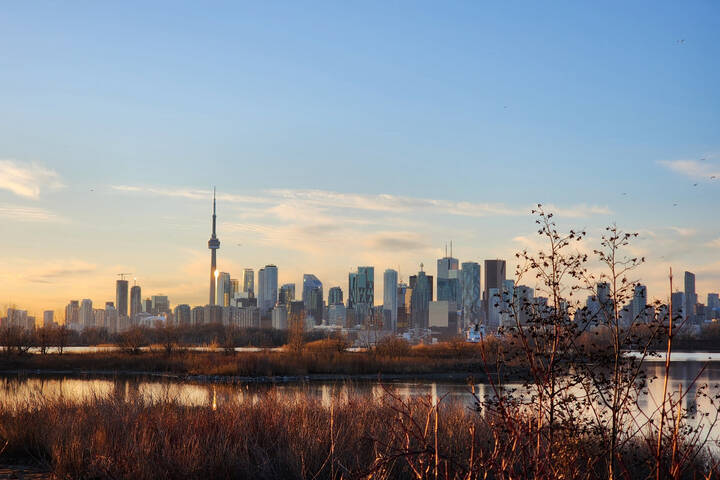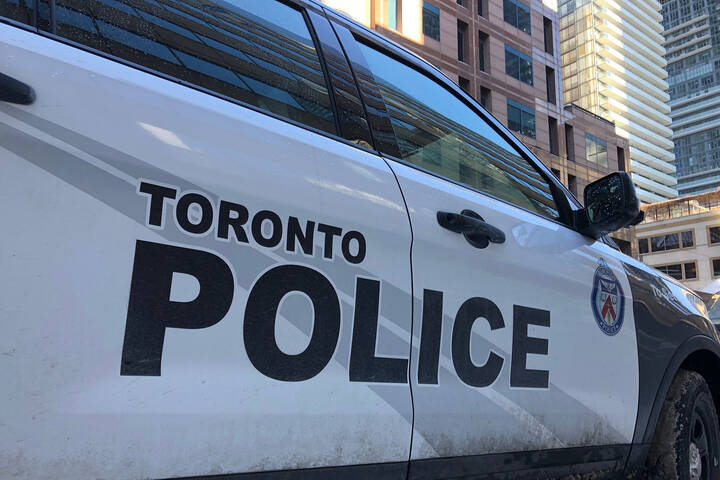Speaking for Toronto's Homeless: Ron Craven
I could hardly pass up the chance to talk to this amazing survivor turned advocate; his story, incredible and almost unimaginable, demonstrates the ongoing challenges of fighting revolving door homelessness in our city.
Once a wealthy businessman who considered running for Mayor of East York, Ron Craven fell in love and fell victim to the world of crack cocaine. Within 2 years he was bankrupt and living on welfare, and spent the next 10 years struggling to get off the streets. Given his experiences on the streets of Toronto, Ron shares unique insight into the issues surrounding homelessness in our city.
How have you seen the 'fight' against poverty and homelessness change in recent years? Is the situation changing for the better or worse?
I think the situation is much worse. The politicians seem to be more concerned with hiding the problem than fixing it. That's the whole philosophy behind the Streets To Homes initiative. The city seems to think that placing people in substandard housing which is far below the building code or health standards and at rental rates far in excess of the amount allowed for with social assistance and moving them from the center of the city to remote areas, far away from friends and services and out of sight is an adequate solution.
The Safe Streets Act has nothing to do with safety. It was created explicitly to drive poor people out of sight.
Were there any good outreach attempts for Toronto's homeless this past winter?
I, like many of my homeless friends, have never been too interested in outreach as sponsored by the city. They have traditionally been designed to give the appearance of helping while actually aggravating life on he street. When the city forbade outreach workers to give us warm clothes or sleeping bags because that would enable us to remain homeless, the message was clear to all of us.
The city won't help. We place our faith and trust in the church and privately sponsored programs which actually try to help. Also, Streets to Homes has hired 48 new outreach and housing workers to cover the downtown area. We can hope that this will translate into less of my friends dying on the streets.
What sort of an impact is your story having in Toronto? Have you had any difficulty in getting your message out?
My mission is to increase understanding within the general population, not to directly effect immediate change. I am currently working on a project to document conversations I have with individual homeless people in which I focus on their stories to emphasize their humanity. I put these mini-documentaries on my YouTube site so that viewers will see that these are real people.
It's hard to measure results with a project like mine. The inertia I am working against is staggering and at times I feel I am preaching to the converted and not being heard by those who need to listen. I have never received any replies to emails sent to politicians at any level of government. They don't want to hear it. Yet I have had thousands of viewers come to my sites and if I can help people to better understand the issue, perhaps eventually there will be enough public outrage to force the politicians to listen.
Any thoughts on how changing politics might affect the homeless situation?
I am convinced that Harper, given his preference, would take away existing support for the homeless. Fortunately we have a minority government, and the parties Harper needs support from to stay in power are usually more helpful in their philosophies. I am optimistic that thinking the Obama government will put pressure on Canada to do more to alleviate the situation.
What can Toronto citizens do to positively impact the issue of homelessness in Toronto?
Citizens who are tired of seeing people sleeping on the sidewalk should first inform themselves about the issues involving homelessness: read the related articles in the newspapers and search the internet to learn the truth.
Once they are informed, they should write letters to the editors and to the politicians demanding a policy be instituted which will place enough income in the hands of poor people to enable them to pay rent. That means increasing the minimum wage to the point where a person can pay market rent and feed his family without the demeaning need to rely on food banks and clothing banks and other charities. There is no excuse for a person who is working for a living to have to rely on charity to make ends meet.
That also means increasing the rental portion of social assistance to a level that reflects the true cost of accommodation in the city. The present maximum rental allotment is less than $350.00 per month and the worst slum room available costs $450.00 per month. That $100.00 monthly shortfall guarantees homelessness for most social assistance recipients, unless they are in assisted housing, have a hidden income, or are living with a relative or friend who is willing to absorb the loss.
I have seen a lot of positive media response to the situation, which is very exciting. If the media treats it as a serious issue, their audience will become more enlightened and that will effect change.
More information on Ron and his story can be found at DownbutNotOut.com.
Latest Videos
Latest Videos
Join the conversation Load comments

